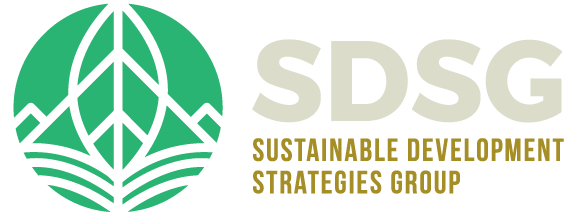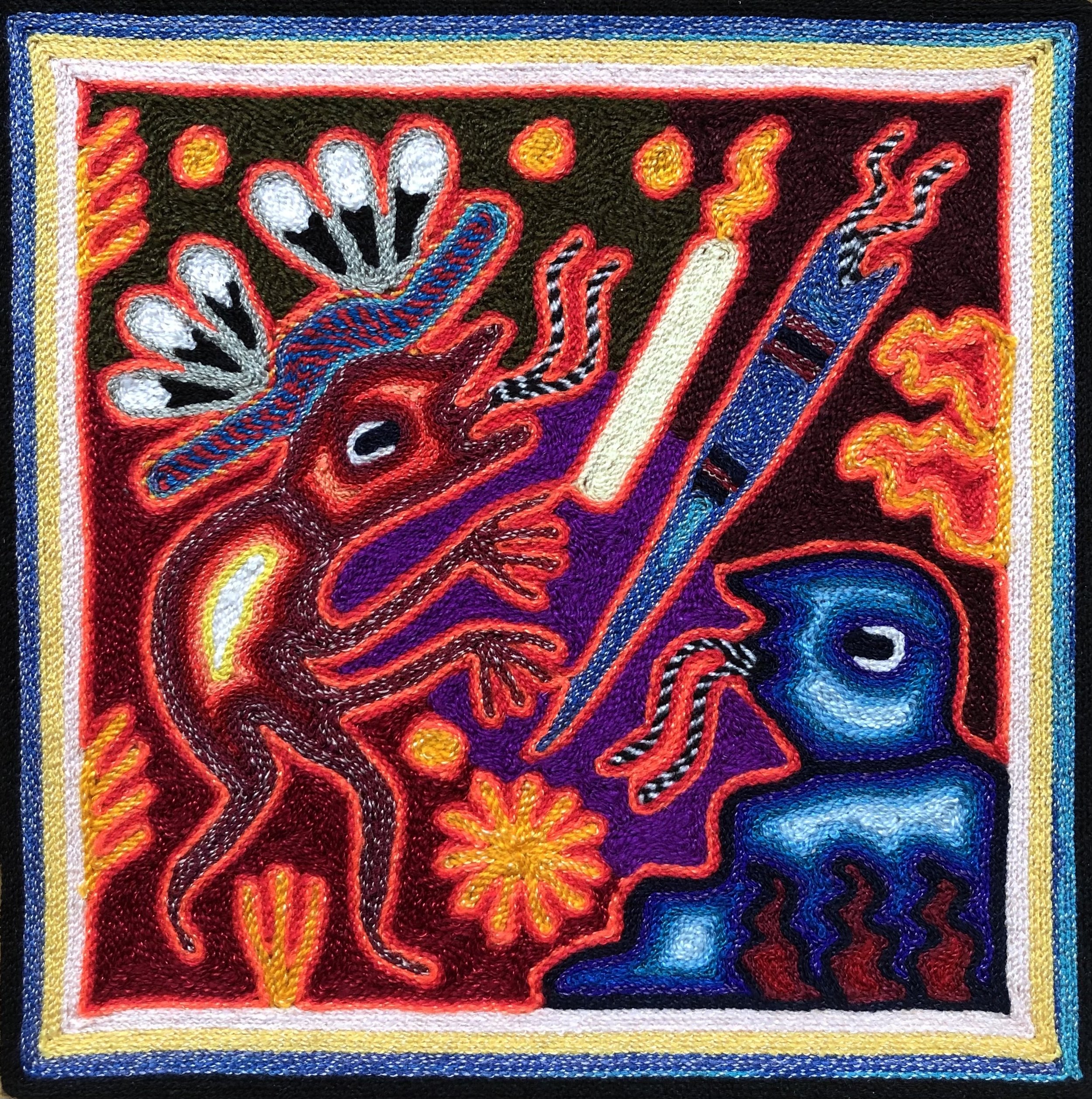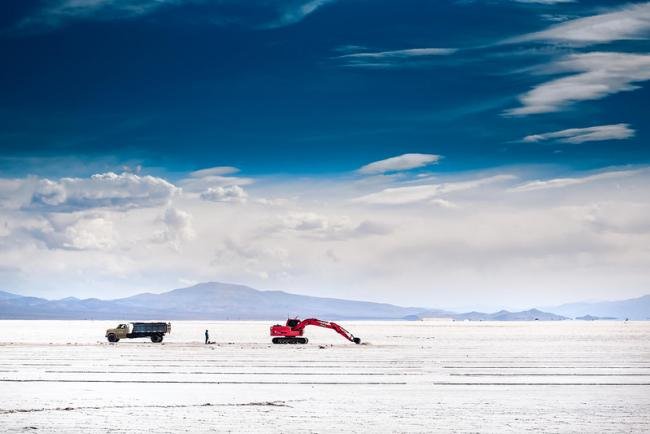Photo by Azzedine Rouichi on Unsplash
SDSG is focused, among other things, on the impact of the rush to acquire minerals for the energy transition on indigenous nations and territories. Indigenous lands contain much of the world’s untapped mineral wealth, and also much of the world’s remaining biodiversity.
The lack of clear recognition of indigenous rights, and the pressing need for more lithium, copper, aluminum and other minerals to feed the energy transition present all the ingredients of unjust and conflictive outcomes, which have been all too frequent in the past. These can not only represent further imposition on the rights of indigenous peoples, but can delay or even prevent access to the minerals needed for decarbonizing the world’s energy economy.
SDSG is looking to build collaboration with other institutions that share these concerns and would like to work together in moving the agenda of stronger and better consultation processes forward with indigenous organizations, with governments and with the private sector.
SDSG’s current work includes:
Through the Intergovernmental Forum on Mining, with which we frequently work, SDSG participated in the national assessment of Ecuador’s mining laws and policies. This Assessment identified inadequate consultation with indigenous peoples as a priority problem. SDSG led the Technical Assistance effort on these issues with the Government of Ecuador.
SDSG is currently leading a similar Technical Assistance program on indigenous consultation with the Government of Mexico, again based on an Assessment, that found lack of proper consultation to be a key problem. Our 12 Principles document attached is part of that effort, which is ongoing. We are collaborating in the effort in Mexico with the Indigenous Peoples Law and Policy Program at the University of Arizona law school.
Mexico
Art by The Wixárika - an indigenous group in Mexico
12 Principles
Of Consultation with Indigenous Peoples
12 Basic Principles of Consultation with Indigenous Peoples. This document describes basic principles of consultation under ILO Convention 169, which a considerable number of Governments have ratified. This document is intended to serve as a guide to fruitful discussion among governments officials, Indigenous Peoples, the private sector, and other stakeholders. SDSG aims here to identify the basic principles of consultation to ensure that any legislation, regulation, or internal protocols adopted by signatory countries of the Convention are consistent with the obligations they assumed upon ratification. English version and Spanish version available.
The Path to Peace and Development, our book which has seven authors, including lead author, SDSG President, Luke Danielson, analyzes over 25 rulings of the courts of Colombia, Chile, Peru, Mexico, Guatemala, Ecuador and other Latin American countries, almost all of which are ruling in favor of indigenous communities. These decisions are frequently invalidating important acts of governments on the ground that required consultation processes were not followed. We also look at subsequent efforts of governments to bring their processes in line with the requirements of the Convention.
The Path to Peace and Development
A book in Spanish and English is available on Latin America court rulings related to Indigenous communities.
The book was published in Spanish in September of 2023 by the Human Rights Institute of the University of Deusto in Spain, which has extensive distribution networks in Latin America. You can view the full Spanish version here.
With support from the Foundation for Natural Resources and Energy Law, we have translated our book into English. You can view the full English version here.
In April, at FNREL’s Latin American conference on International Mining and Energy Law, Development and Investment in Mexico City, Luke Danielson chaired a panel to discuss national treaty obligations to consult Indigenous Peoples in making resource decisions. The other panelists were coauthors of our book and they presented their conclusions.
Trucks in salt flats in Salinas-Grandes, Argentina.
(Francoise Gaujour, Flickr)
Indigenous concerns are a major foucs of our invesigation of the lithium boom in northern Argentina. Argentina’s lithium projects are found in three relatively rural, thinly populated provinces in Argentina called Salta, Jujuy, and Catamarca. The total population of this vast landscape is perhaps 2.5 million people; however, the region where the lithium is being developed is in the most rural and isolated parts of these provinces, called “Puna”. In the Puna, there is a high proportion of indigenous people or descendants of indigenous peoples (33.6% of the total population, compared to 3.5% in the Noroeste Argentino (Argentine Northwest or NOA region). The main indigenous peoples are the Kollas, Diaguita-Calchaquíes, Guaraníes, Omaguacas, Atacamas and Quechuas. Under ILO Convention 169, to which Argentina is signatory, they have a right to be consulted about the development of lithium. Increasingly such communities are finding their voice, and being supported by national supreme courts when decisions are taken without proper consultation.







